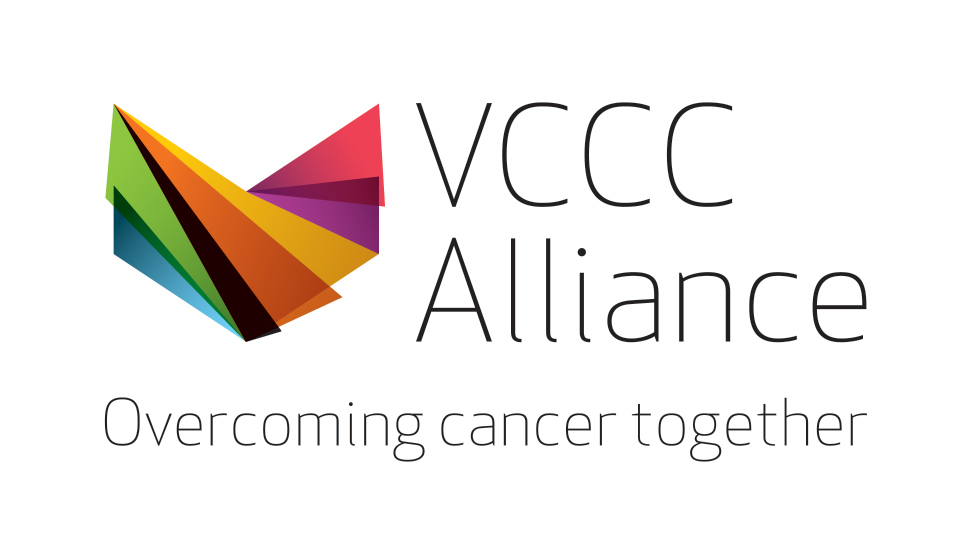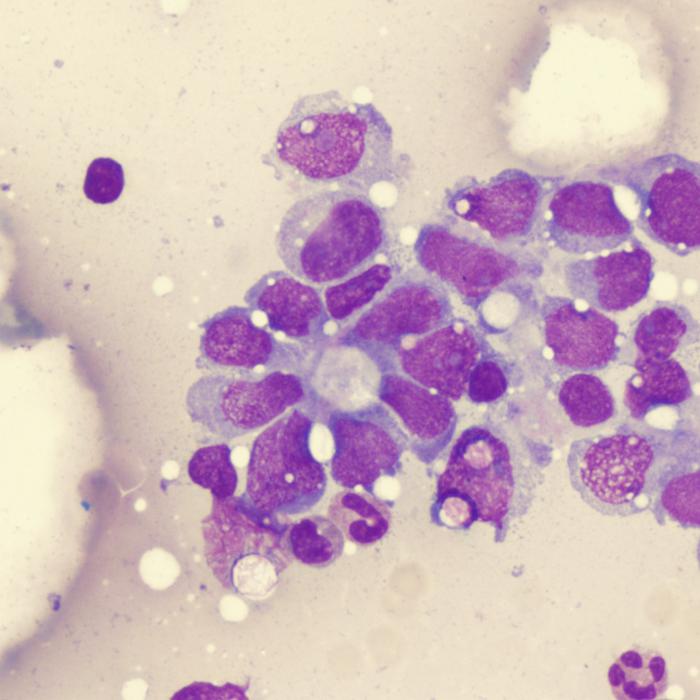Monday Lunch Live
14 July 2025 (Video recording below)
Precision medicine in paediatric sarcoma
Sarcomas are rare cancers—arising in soft tissue or bone —with over 50 distinct subtypes that each demand highly specialised, multidisciplinary care. Their rarity and complexity pose significant challenges for timely diagnosis and effected treatment. Molecular sequencing is increasingly being integrated into sarcoma care, offering critical insights into tumour biology and revealing new opportunities for personalised treatment.
The ZERO Childhood Cancer Program is a national paediatric precision oncology program and has since provided precision medicine access to 2500 children with cancer. The ZERO platform is a comprehensive platform encompassing whole genome and transcriptomic sequencing, DNA methylation and preclinical drug testing. The focus of this talk is on the paediatric sarcoma cohort.
Tune into this webinar to learn how precision medicine platforms across paediatric, adolescent and young adult (AYA) and adult programs are transforming the sarcoma landscape. Learn how genomic discoveries are being translated into more targeted treatment pathways—reducing patient burden, avoiding ineffective therapies, and shaping a more hopeful future for those affected by sarcoma.
Chair
Dr Liz Connolly
Medical oncologist and clinician researcher, Chris O Brien Lifehouse (COBLH), the Children’s Medical Research Institute (CMRI) and the University of Sydney
Dr Connolly is an early career medical oncologist and clinician researcher. She is currently undertaking full time PhD research in sarcoma proteomics, after completing a sarcoma clinical research fellowship at COBLH. Her interests include sarcoma, rare cancers and AYA care.
Speakers
Prof David Thomas
Chief Science and Strategy Officer, Omico
Prof Thomas is the founder and Chief Science and Strategy Officer of Omico, established in 2019. An NHMRC L3 Investigator, he is also the inaugural Director of the Centre for Molecular Oncology at the University of New South Wales. Omico brought together researchers and clinicians to translate research into new therapeutic options for patients with cancer. As a clinician-scientist, his focus is on the application of genomic technologies to the understanding and management of cancer, particularly sarcoma.
He has also led the development of sarcoma research in Australia for the past 20 years, having founded the Australasian Sarcoma Study Group in 2008. His work directly led to creation of a national research infrastructure for this population, and more specifically he changed clinical practice globally for giant cell tumour of bone, and effective early detection strategies for patients with Li-Fraumeni Syndrome. Finally, he has played a key role in adolescent and young adult oncology (AYAO) as inaugural Director of OnTrac@PeterMac, the first major AYA cancer program in Australia, which formed the basis of the Youth Cancer Services now present in all states and territories.
Dr Loretta Lau
Molecular Oncologist and Paediatric Oncologist, Zero Childhood Cancer, Kids Cancer Centre, Sydney Children's Hospital; Conjoint Senior Lecturer, School of Women’s and Children’s Health, UNSW
In her capacity as molecular oncologist in the ZERO Program, Loretta provides precision medicine expertise to the ZERO clinical curation team and Preclinical Drug Testing Core (PDTC). She plays a crucial role in the ZERO trial and is a key member of the national Multidisciplinary Tumour Board (MTB) which provides clinical treatment recommendations for patients enrolled on ZERO.
Aidan Taylor
Consumer
At the age of 21, Aidan was diagnosed with dedifferentiated liposarcoma. After five rounds of chemotherapy and a major surgery, he recovered well and managed to return clear scans for about two years. Unexpectedly, a routine scan revealed another baseball-sized tumour near his right kidney and both were surgically removed.
With the relative ineffectiveness of chemotherapy during his first round of treatment, his tumour was sent for molecular testing. It showed a high frequency of mutation, and thus the possibility of combination immunotherapy being an effective treatment. After another tumour was revealed deep in his pelvis that was deemed inoperable, he began immunotherapy. This opportunity would not have been possible without the results of molecular sequencing, and he hopes this will be his road to recovery.
Resource details

This course is brought to you by


